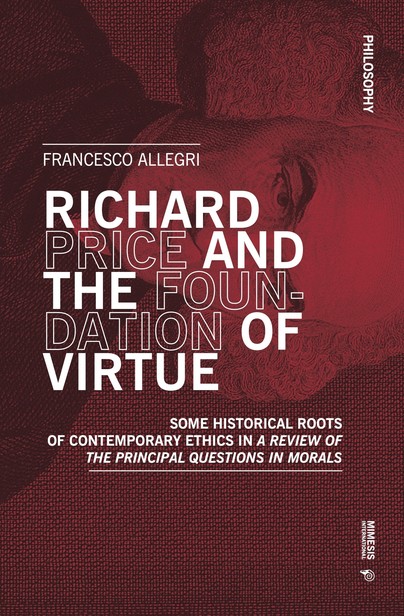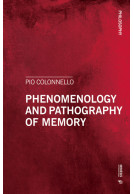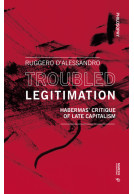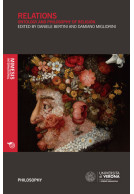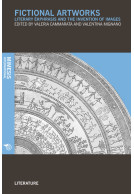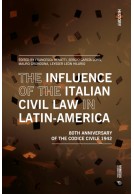Richard Price and the Foundation of Virtue (Paperback)
Some Historical Roots of Contemporary Ethics in “A Review of the Principal Questions in Morals”
Imprint: Mimesis International
Series: Philosophy
Pages: 224
ISBN: 9788869773945
Published: 1st November 2022
Script Academic & Professional
Series: Philosophy
Pages: 224
ISBN: 9788869773945
Published: 1st November 2022
Script Academic & Professional
You'll be £22.99 closer to your next £10.00 credit when you purchase Richard Price and the Foundation of Virtue. What's this?
+£4.99 UK Delivery or free UK delivery if order is over £40
(click here for international delivery rates)
Order within the next 8 hours, 18 minutes to get your order processed the next working day!
Need a currency converter? Check XE.com for live rates
(click here for international delivery rates)
Order within the next 8 hours, 18 minutes to get your order processed the next working day!
Need a currency converter? Check XE.com for live rates
Although little known, Richard Price’s A Review of the Principal Questions in Morals (1758) is one of the most important texts of eighteenth-century moral philosophy. Hastings Rasdhall described it “as the best work published on Ethics till quite recent times” because it “contains the gist of the kantian doctrine without Kant’s confusions”; C. D. Broad pointed out in this regard that “until Ross published his book The Right and the Good in 1930” there existed “no statement and defence of what may be called the ‘rationalistic type’ of ethical theory comparable in merit to Price’s”; and W. D. Hudson considered A Review to be “probably the best statement of the case for rational intuitionism which has ever been written”. The current volume aims to demonstrate, through a rigorous analysis of the text itself, the full validity of these previous evaluations, highlighting in particular that in the Review it is possible to find many of the traits that characterize the ethical reflection of our own times, such as the need to focus attention on the meaning of terms in order to clarify and resolve disputes; the identification of different levels and types of investigation and the need to keep them separate; the thesis that moral judgments are not definable in non-moral terms; the criticism of all forms of normative monism; the non-absolute nature of ethical principles; the need to distinguish the moral properties of the agent from those of action.
Focusing on details, we owe to Price the distinction between meta-ethics and normative ethics, as well as the first systematic application of the open question argument, (the argument by which in the twentieth century all attempts to reduce moral concepts to non-moral concepts have been accused of failing into the “naturalistic fallacy”). But it also provides a model for critiquing utilitarianism that has found great fortune in contemporary moral philosophy; an early intuition of the status of prima facie or pro tanto duties of basic ethical principles; the distinction between what is subjectively right and what is objectively right. Despite being much less famous, Price’s Review can stand up to comparison with the greatest classics of eighteenthth-century Anglo-Saxon ethics, such as Hume’s Enquiry Concerning the Principles of Morals or Adam Smith’s Theory of Moral Sentiments.
Other titles in the series...
Other titles in Mimesis International...







